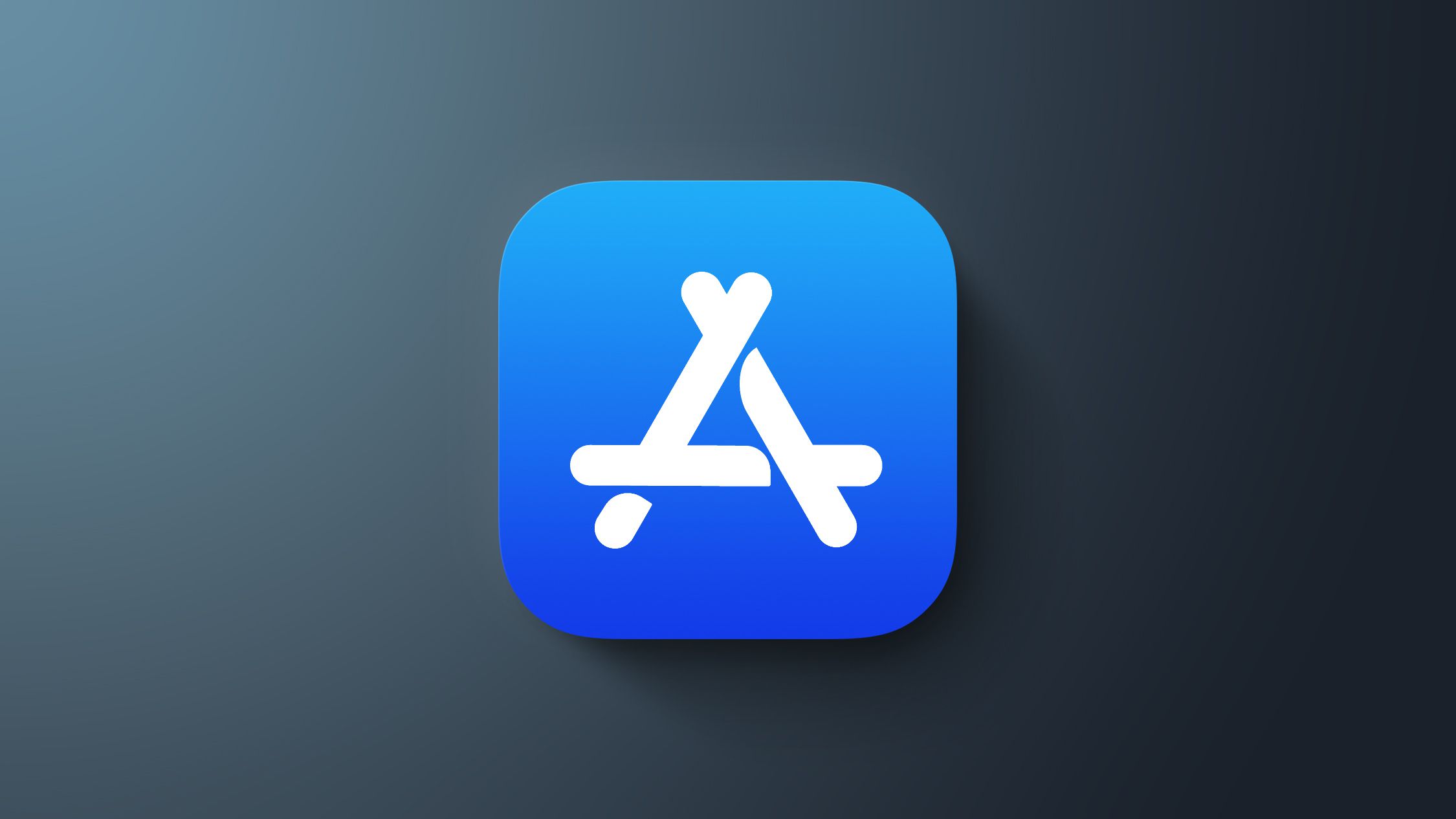I've read this whole thread and it seems like nobody is actually thinking about consequences. Whether you like this decision or not, what are the likely effects in the market over the next few years?
The most predictable early result is that the most major apps - the true behemoths, which pull users - will all move to their own stores, to avoid dealing with Apple (not just Apple's 15-30%, but all the other rules they'd like to avoid). Facebook/Messenger, Microsoft, Epic, X (for now), Google... the list is pretty long. Smaller (though still major) apps won't be able to pull out of the app store, at least at first, for fear of losing downloads/sales - but Facebook can be quite confident that if you use Messenger, you'll go get if from Facebook's app store if you have to. You won't just stop using it.
As the app landscape begins to fragment, less and less traffic will come to the store. As that happens, some apps in the next tier down from the behemoths will find that the benefit of staying in the app store has declined until it no longer balances the expenses (15-30%). This effect will snowball.
The problem I see coming is that that will cause a fundamental shift in user behavior. There will no longer be a reliable default place where you can go to get all your apps. And that will have some very negative consequences for security (and for anyone doing any sort of support). There will also be negative consequences for the overall user experience (loss of convenience, less accountability, etc.).
So whether you choose to use alternate app stores is irrelevant. You will be affected by this change in a major way, whether you like it or not. You don't get to retain the old default, because it won't exist any more.
As for me, my personal preference is for an unlocked desktop and a locked down phone. I *chose* to buy into the walled garden, and it's pretty upsetting that the gov't wants to take away my right to choose that. But my personal preference, and whether you agree with it or not, is unimportant. What matters is actual market consequences. I don't think many people will be happy with those, several years down the road.


